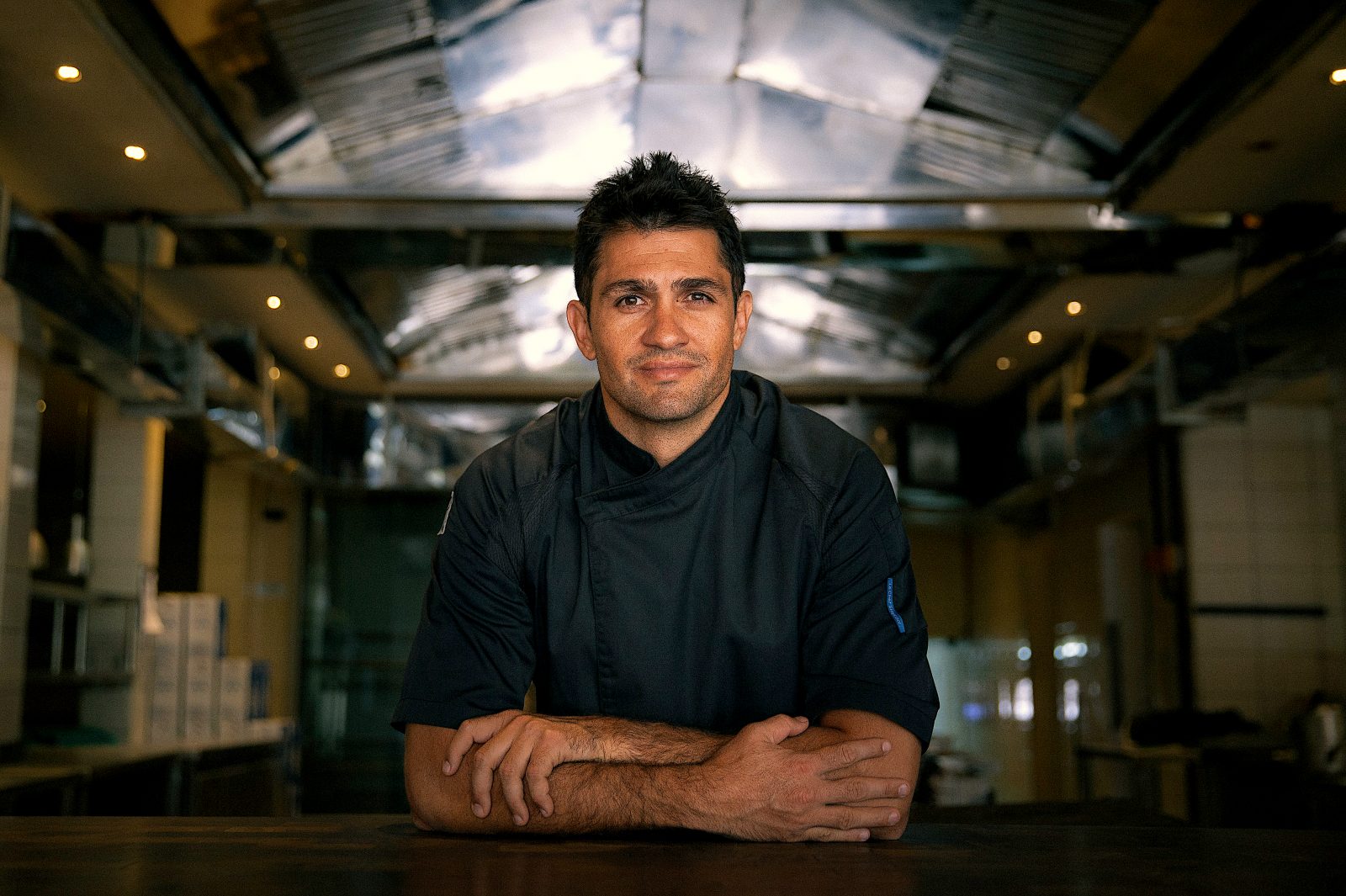Shows that have aired in over 180 countries. Award-winning restaurants topping Kenya’s dining scene. And deep understanding of East African food systems.
Chef Kiran Jethwa brings a rare blend of culinary expertise, entrepreneurial success, and cultural insight to his new role as TGP International’s strategic partner in Africa, helping to shape the next generation of hospitality across the region.
In this Q&A, he shares his perspectives on hospitality, market potential, and what it means to develop truly place-rooted food experiences across a fast-transforming continent.
Q1: What does your role as Africa Partner at TGP International involve?
My role is to represent TGP across key markets in East and Southern Africa, including Kenya, South Africa, Ethiopia and Mozambique.
This involves not just market intelligence but active collaboration on projects where TGP's expertise in areas like restaurant consulting, hospitality design and food hall development can bring real value.
There is a major opportunity here to connect international best practices with Africa’s own deeply rooted food traditions and entrepreneurial energy.
Q2: You’ve built and scaled restaurant brands in Kenya. What do you see as the next frontier for food and beverage in the region?

Africa’s urban centres are expanding rapidly, and with that comes a growing demand for lifestyle-driven hospitality.
We’re seeing a new kind of guest emerge, one who values authenticity, experience, and a sense of place.
There is an appetite for chef-led concepts, food halls, modular dining formats, and places that double up as social hubs.
These formats are not only culturally attuned, but they also offer flexibility and operational efficiency, making them attractive for developers and investors.
Another key shift is the importance of early-stage F&B strategy. Rather than treating restaurants as an afterthought in real estate or tourism projects, developers are now involving consultants like TGP from the beginning. This allows for better integration with design, community programming, and long-term commercial goals.
Q3: What projects have you collaborated on with TGP International?

Expo 2020 was a milestone collaboration between myself and TGP. With Alkebulan, the world’s first African dining hall, we had the chance to show the world how layered and compelling African food can be.
I brought in concepts like Seven Seafood & Grill and The Tasty Goat to the table, which showcased both coastal cuisine and barbecue culture from Kenya. The response was phenomenal, and guests from all over the world were curious, excited, and deeply engaged.
That experience reinforced the importance of execution. Story and heritage matter, but the delivery, from design to operational strategy, needs to meet international standards. And this is where I’ve found the partnership TGP so fulfilling.
In addition to drawing on the company’s cross-disciplinary expertise for my own projects—including the redevelopment of Seven Seafood in Nairobi—I’m also able to contribute my perspective as a chef, in an organisation that values hands-on experience and real-world insight.
Q4: What are some trends you think will shape the African food scene over the next five years?

Several trends stand out. First is the rise of clustered dining formats, such as food halls and collective kitchens. These offer variety, reduce risk, and extend dwell time. They are especially effective in mixed-use and high-traffic areas. For example, TimeOut market has now set up shop in Cape Town but we’re seeing its relevance and appeal extend across the continent.
Second is the shift toward locally sourced ingredients and hyperlocal storytelling.
Guests want to know where their food comes from, and chefs are responding with transparent menus that celebrate local producers, heritage recipes, and regional narratives.
Third is purpose-led hospitality. We’re seeing more brands built around clear values, reducing waste, supporting small-scale farms, promoting cultural identity, and these values are becoming differentiators, not just add-ons.
Q5: Beyond food, how do you see hospitality playing a role in placemaking and community building in African cities?

In a lot of African cities, traditional public spaces are under pressure. Well-designed hospitality venues can fill that gap by acting as informal community centres. A café that doubles as a co-working hub, or a restaurant that hosts community events, becomes more than a place to eat, it becomes a platform for socialising and connection.
As cities grow, there’s a growing understanding that food and beverage can’t be an afterthought. Done right, these venues anchor foot traffic, create rhythm in a development, and serve as expressions of identity.
Early-stage F&B master planning is essential because it lets developers build around these experiences with intention.
-1.png?width=3330&height=698&name=TGP%20International%20Logo%20White%20(1)-1.png)



